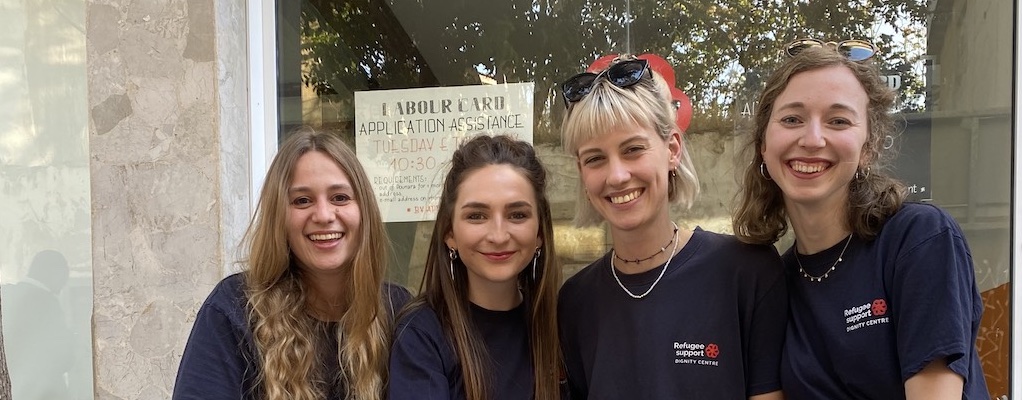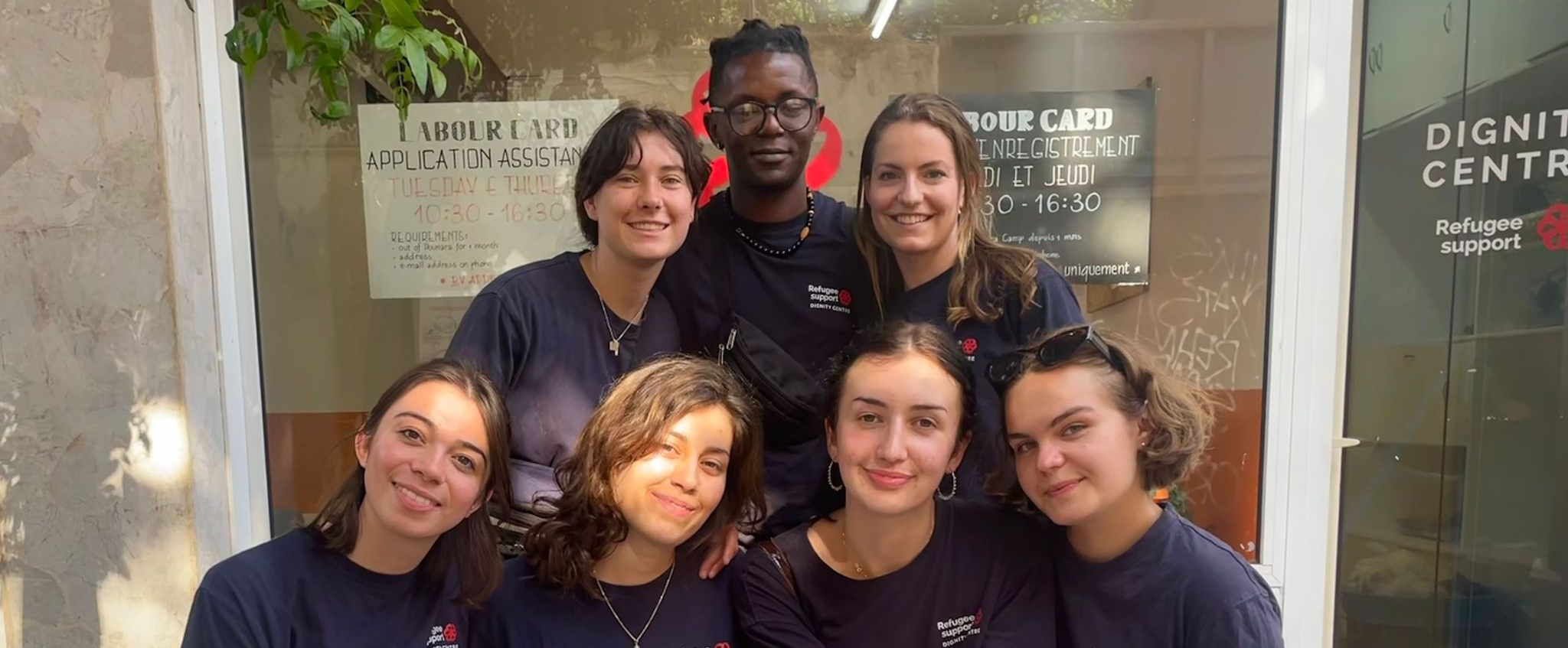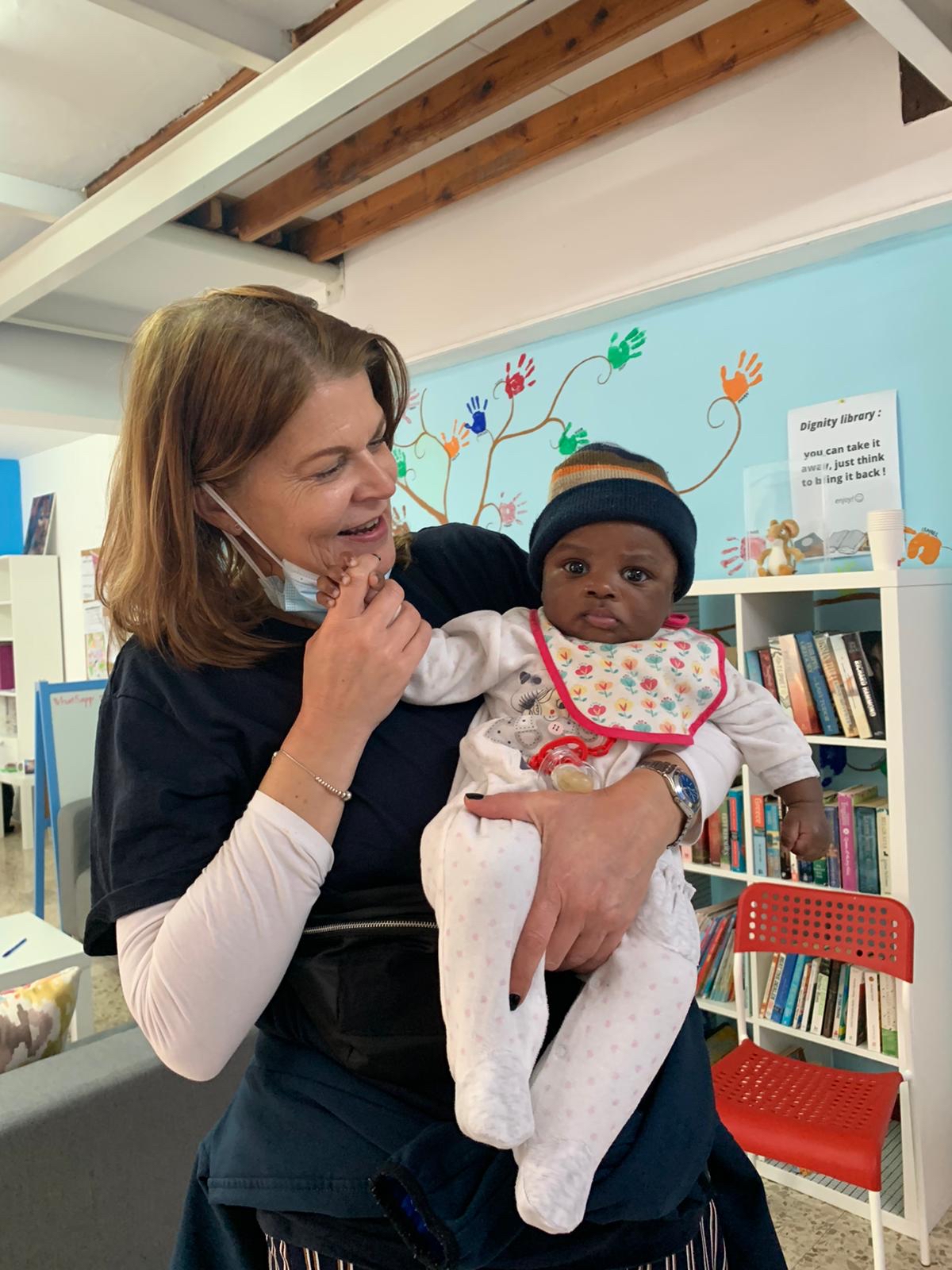THE WOUND OF INDIGNITY
The refugee crisis isn’t ‘sexy’ anymore. It no longer grabs headlines in newspapers, or airtime on our radios and televisions. It has been pushed to the back of our modern consciousness. Meanwhile Trump’s tweets, Kylie Jenner’s latest hairdo (bubblegum pink, if you’re wondering) and Kanye’s latest, increasingly incoherent ramblings, fill this space. Do not be mistaken: I am guilty of this too.

However, the crisis is still very much ongoing. Refugees and their plight are easy to ignore. The physical size of the crisis is often emphasised, as the number of displaced people around the world has swollen to 65.6 million in 2018. One in every 113 people on the planet has now had to leave their homes because of war, violence and persecution. Amongst these figures, people become statistics; a number moving from one distant land to another. It is the reason why individual stories, such as the tragic one of Alan Kurdi, provide such an emotional and visceral response, puncturing this distant illusion.
This is why I spent two weeks of summer in North Greece, volunteering with Refugee Support Europe in the Katsikas camp. The camp housed 500 people, originating mainly from Syria, Iran, and Afghanistan. Since I have left, it has expanded to include another 500 people, who have arrived from the Greek island camps, such as Lesbos and Samos. Refugee Support focuses on providing “aid with dignity”, a message of which it’s importance I will come on to later. This translated into a system by which, instead of handing out pre-prepared meals, tokens are distributed to cabins, in accordance to how many people are living in each, so families can ‘buy’ whatever they need in the shop run by RSE. It provides some sort of normality for refugees whose lives have been capsized into the opposite.
The importance of this cannot be understated. Arriving on camp, with it’s rows and rows of white, plastic cabins, initially struck me as quite soulless. But I could not have been more wrong.
 Location of Katsikas Refugee Camp, Greece.
Location of Katsikas Refugee Camp, Greece.
Without romanticising and glorifying the catastrophic failure of both organisation and responsibility on behalf of the European Union and the Greek government, the people of Katsikas, both volunteers and residents, floored me with their kindness and spirit.
The warm, verbal embrace of “hello my friend!” is the most enduring memory I have from Katsikas. This greeting echoed and reverberated throughout camp. Kids, when calling out to come and play, would shout it with wide and cheeky grins, as well as the men and women who came to do their weekly food shop. Soulless it definitely was not.
The characters that came into the shop were vibrant. Just writing about them brings a smile, and a tear, to my face as I think of the bustling atmosphere of the shop every morning. When leaving the RSE hangar after the first day, a fellow volunteer asked me if it had lived up to my expectations. No was the answer. Before coming, I had emotionally prepared myself to confront the desperation and suffering we often see when these people are represented in the news.
My words will never be able to fully do the people of Katsikas justice: to merely call them kind, warm and generous is a sincere understatement. Beyond this, the suffering of these people remains undeniably present. In small moments, you would catch a glimpse of the physical scars left by war and persecution, on a child’s arm, a husband’s face. The hardship and suffering they had faced could not be covered up.
One resident, an elderly gentleman from Iraq, was a fatherly figure on camp. He was waiting for his wife and child to come from Turkey. He also had an amputated leg, due to a shot wound acquired during the 2006 demonstration against the dictatorial regime in Iran. Due to insufficient funds, he wore an old prosthetic leg, poorly fitting, which caused him visible discomfort.

While it was not something that was present on camp, recent press has identified a condition, which affects only refugee children, called ‘resignation syndrome’. Having been diagnosed in hundreds of cases in Sweden, it is starting to manifest in children in offshore Australian detention camps. Children with resignation syndrome, otherwise known as ‘uppgivenhetssyndrom’, appear to be a unconscious, in a coma-like state, but they are still cognisant of the world around them. They have completely withdrawn from the world, unable to talk, eat and walk. The reason for this being is because of the severe psychological trauma which they have faced; for the world around them is so uncertain, the only way to cope is to withdraw from it. It is heartbreaking. Buzzfeed has produced a video with affected children and families, and it is a hard, but essential watch.
This is why “aid with dignity” is such an important message. Bringing this humanity and dignity to the lives of people who have faced such hardship we could never imagine, is a statement in itself. These people are neither enemies nor victims.
They do not need our vitriol nor our pity. Being a refugee is much more than a political status; it is the most pervasive kind of cruelty that can be exercised, robbing them of all aspects which make human life, not just tolerable but meaningful.
For their hardship and their struggle, these people deserve so much more than the lives they are forced to lead now. A camp, no matter how much we as humanitarians try, can never be a home. What we are doing is not enough, both as nations and individuals.
The effort of the British government is at best lamentable, and at worst, pathetic. The government was recently found in court to have acted unlawfully in its treatment of child refugees, by denying them entry into the UK for “patently inadequate” reasons and that this constituted a denial of their fundamental human rights. This case was brought to court by Help Refugees, another fantastic organising again demonstrating, that where governments are failing, humanitarians are picking up the slack.
Many believe that the crisis is too great for them to have any meaningful impact, but even in small actions, the impact that my peers had on the camp was massive. No gesture, however small, is helpful. The only way I feel I can end this, is with a thank you. It was the most gratifying and rewarding experience of my life, and no words can ever truly do justice to my time in Katsikas.
To the volunteers, coordinators and residents, I owe a resounding thank you, for it has challenged me to look at my life and the world from so many new perspectives.
This article was originally posted in Intermission Bristol



